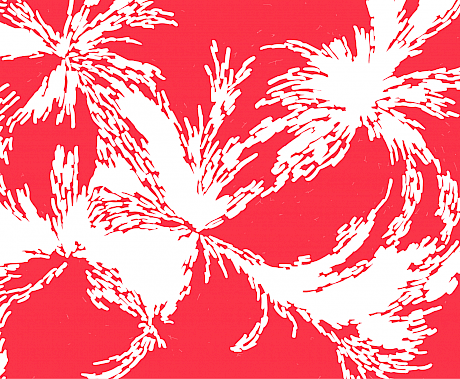THAT, AROUND WHICH THE UNIVERSE REvOLVES: ON RHYTHMANALYSIS OF MEMORY, TIMES, BODIES IN SPACE
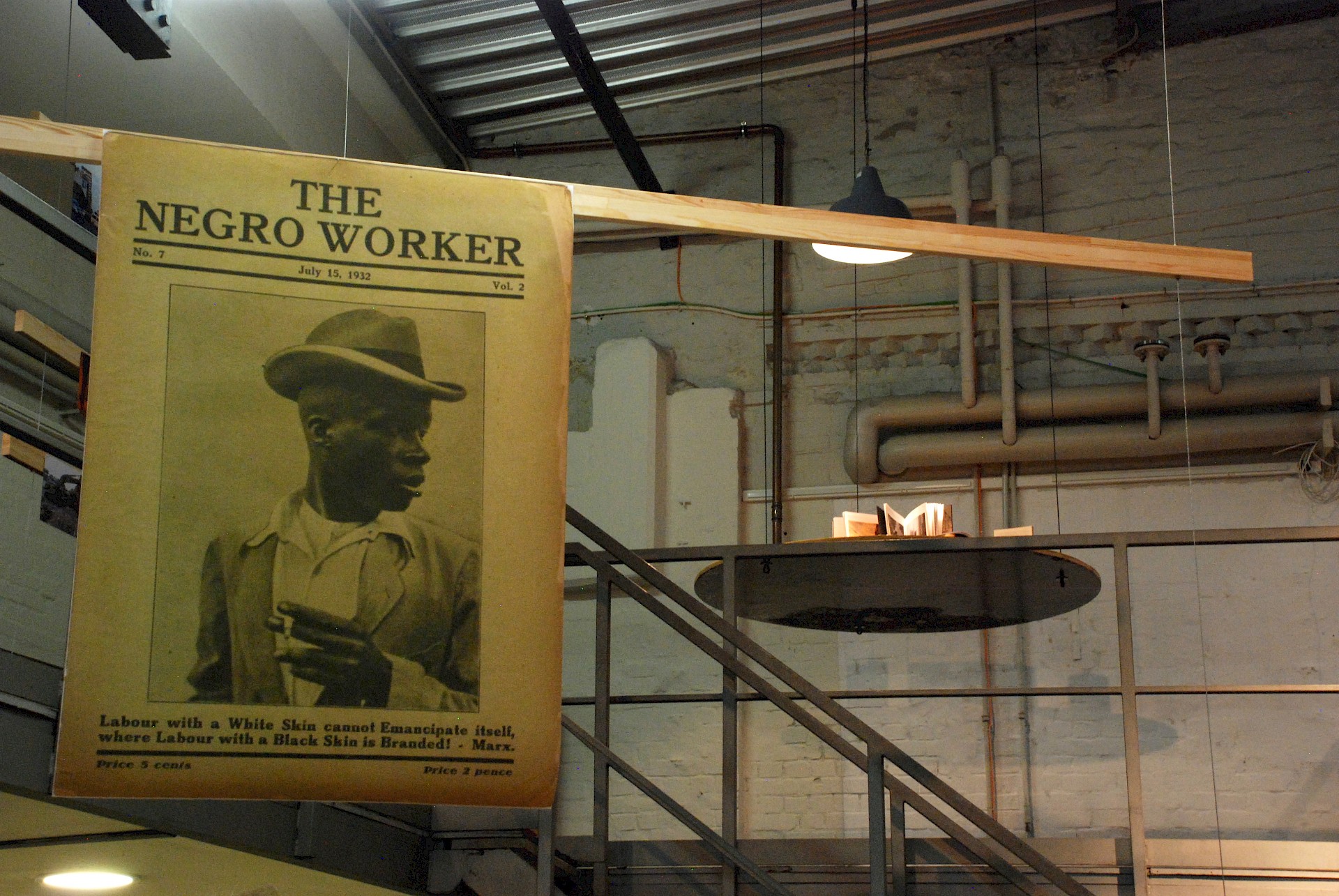
Chapter 4 Hamburg
Programme 19.10.–21.10.2017
At Kampnagel Jarrestraße 20, 22303 Hamburg
with Georges Adéagbo, Simone Dede Ayivi, Nathalie Mba Bikoro, Marque Gilmore, Gintersdorfer/Klaßen, Natasha A. Kelly, Philipp Khabo Köpsell, Tania Mancheno, Lucia Nhamo, Lloyd Nyikadzino, Katharina Pelosi, Vyjayanthi Rao, Tracey Rose, Lorenzo Sandoval, Louis Henri Seukwa, Greg Tate, Vassilis Tsianos
Collaborators Gintersdorfer/Klaßen, Kampnagel, SAVVY Contemporary
Artistic direction Bonaventure Soh Bejeng Ndikung
Curatorial team Elena Agudio, Anna Jäger, Saskia Köbschall
A Choreo-Geographical Approach to Hamburg’s Colonial History
The research, performance and exhibition project That, Around Which the Universe Revolves brings together visual artists, urbanists, photographers, performers and theorists to investigate the interrelations of space and time, memory, architecture and urban planning through Henri Lefebvre’s concept of Rhythmanalysis. The cities of Lagos, Düsseldorf, Harare, Hamburg and Berlin will be engaged in a network that investigates their specific urban epistemologies and histories. The cities will serve as laboratories of an investigation into the temporal and spacial dimensions of everyday urban life, seen through the interrelations between the body, rhythm and urban structures.
The Hamburg chapter ofThat, Around Which the Universe Revolves aims to understand Hamburg’s colonial history choreographically, by way of a rhythmanalysis that introduces a play of encounter, drawing lines between past and present, between buildings, monuments, stories and the everyday movement of people through them. Of special interest is an interrogation of the so called public space and the presence of neo_colonial structures and realities in it. As public space we tend to define urban, geographic or architectural constructs in which we walk, move and gather. Expanding this concept, the project we will look at another aspect of public space which is the intellectual public in which we talk, write, publish and teach. The structures and politics of making voices heard within the neo_coloniality of a public, will be examined in the three-day programme. A crucial historical example to start the conversation on making public space intellectually and politically is the life and work of a fierce cultural and political anti-colonial activist at the beginning of the 20th century in Hamburg–Mpundu Akwa. His bilingual (Douala/German) periodical Elolombe Ya Kamerun (Hamburg, 1908) will serve as the focal point, the epicenter of the investigation, the lens through which the city's history is read.
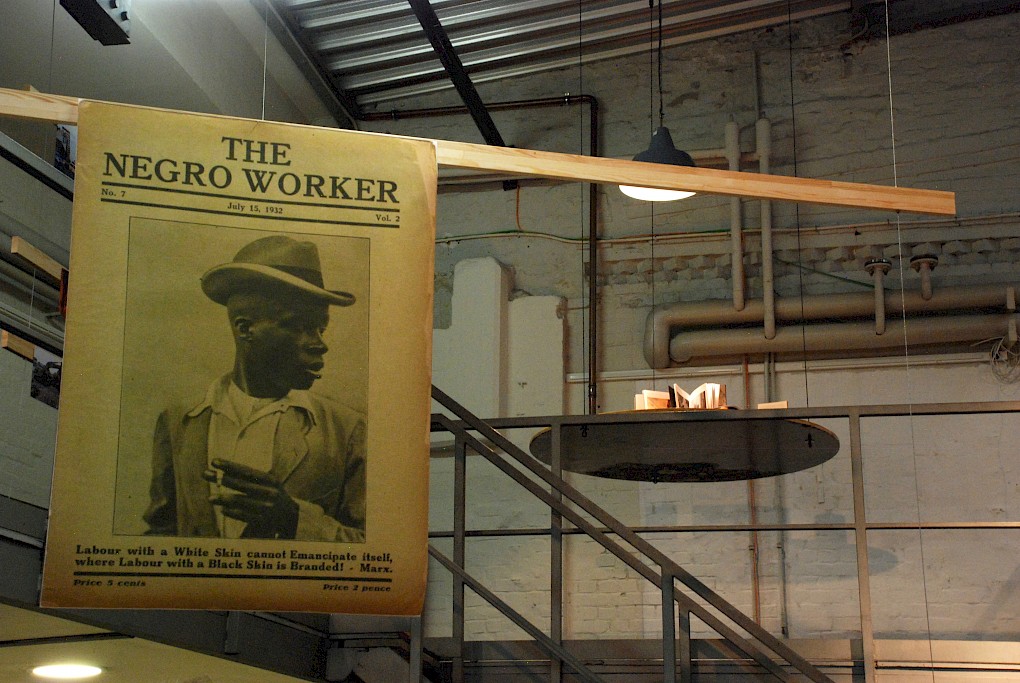
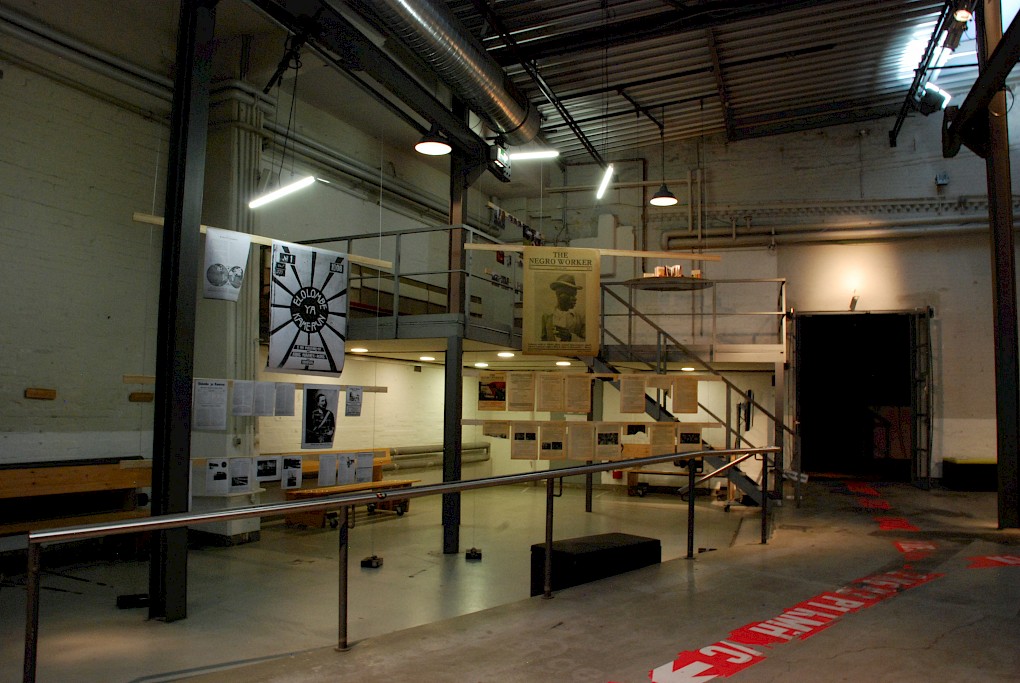
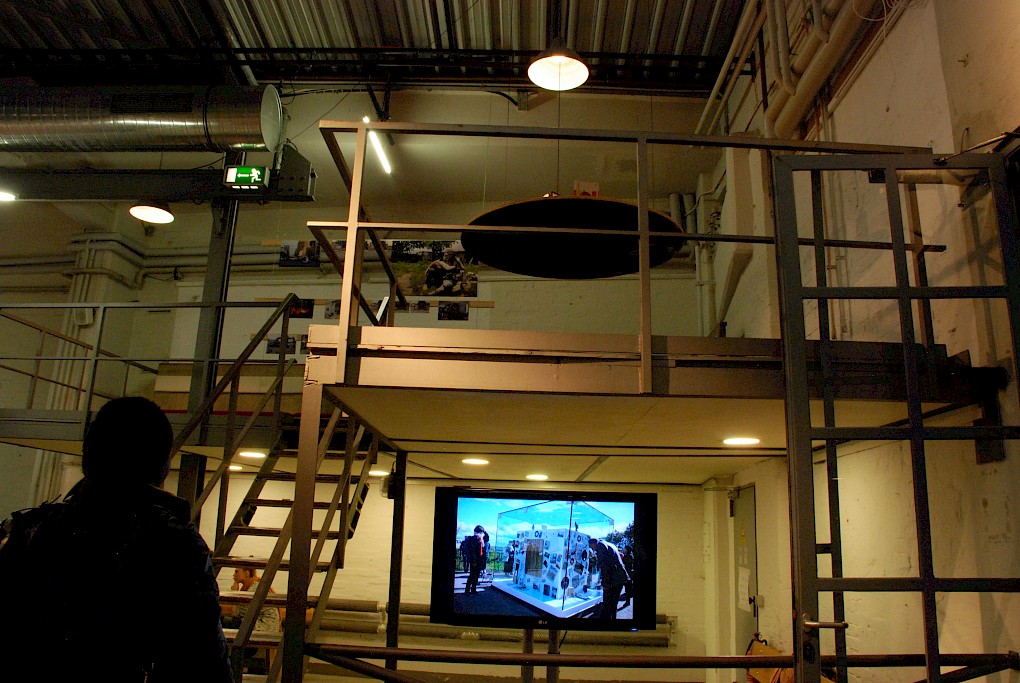
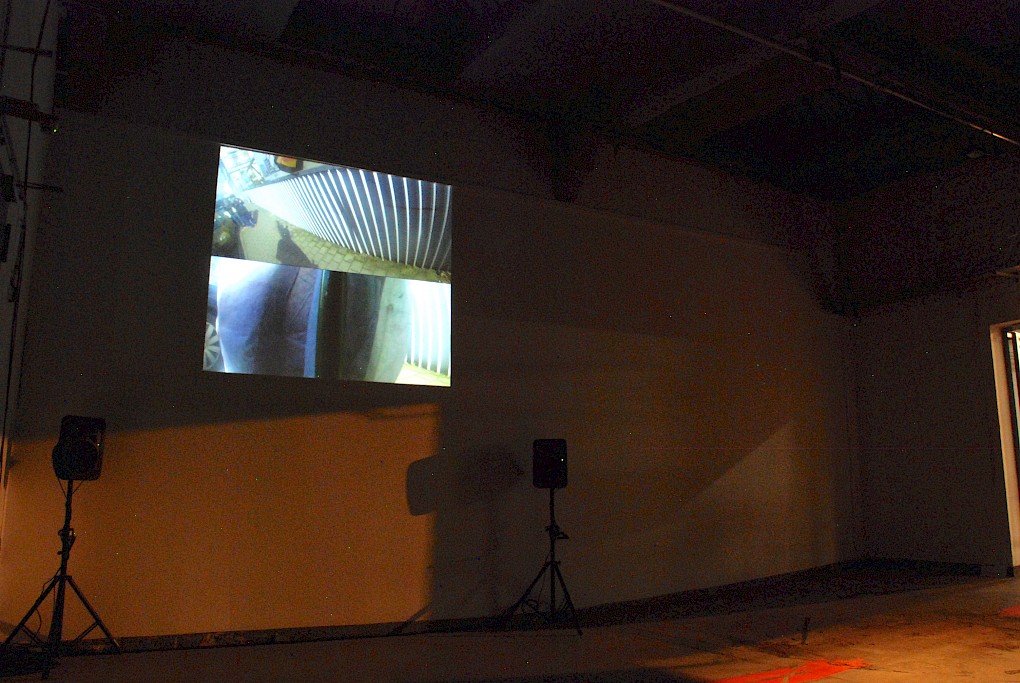

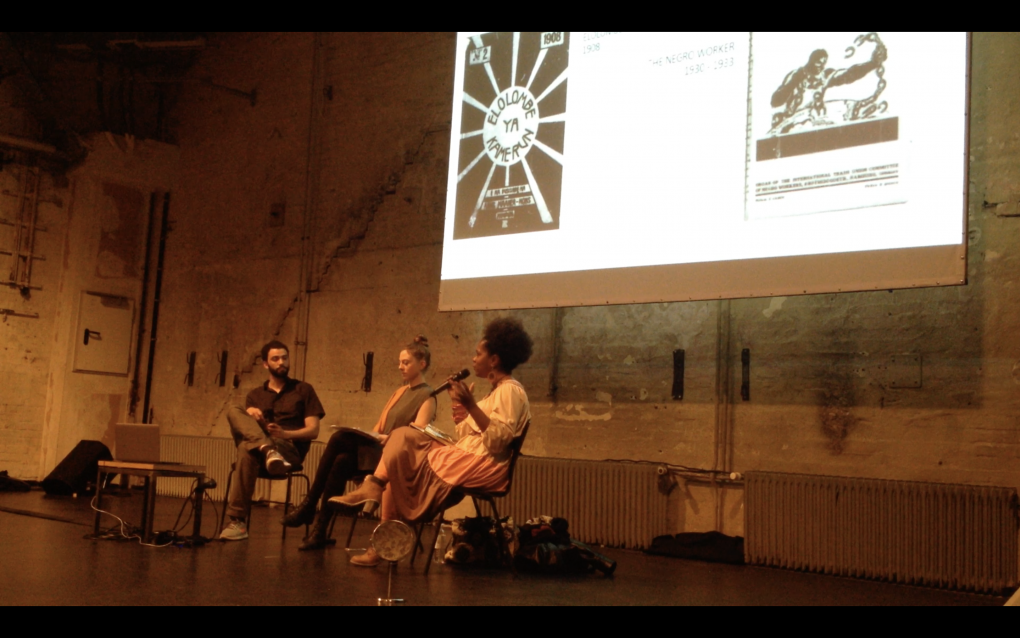
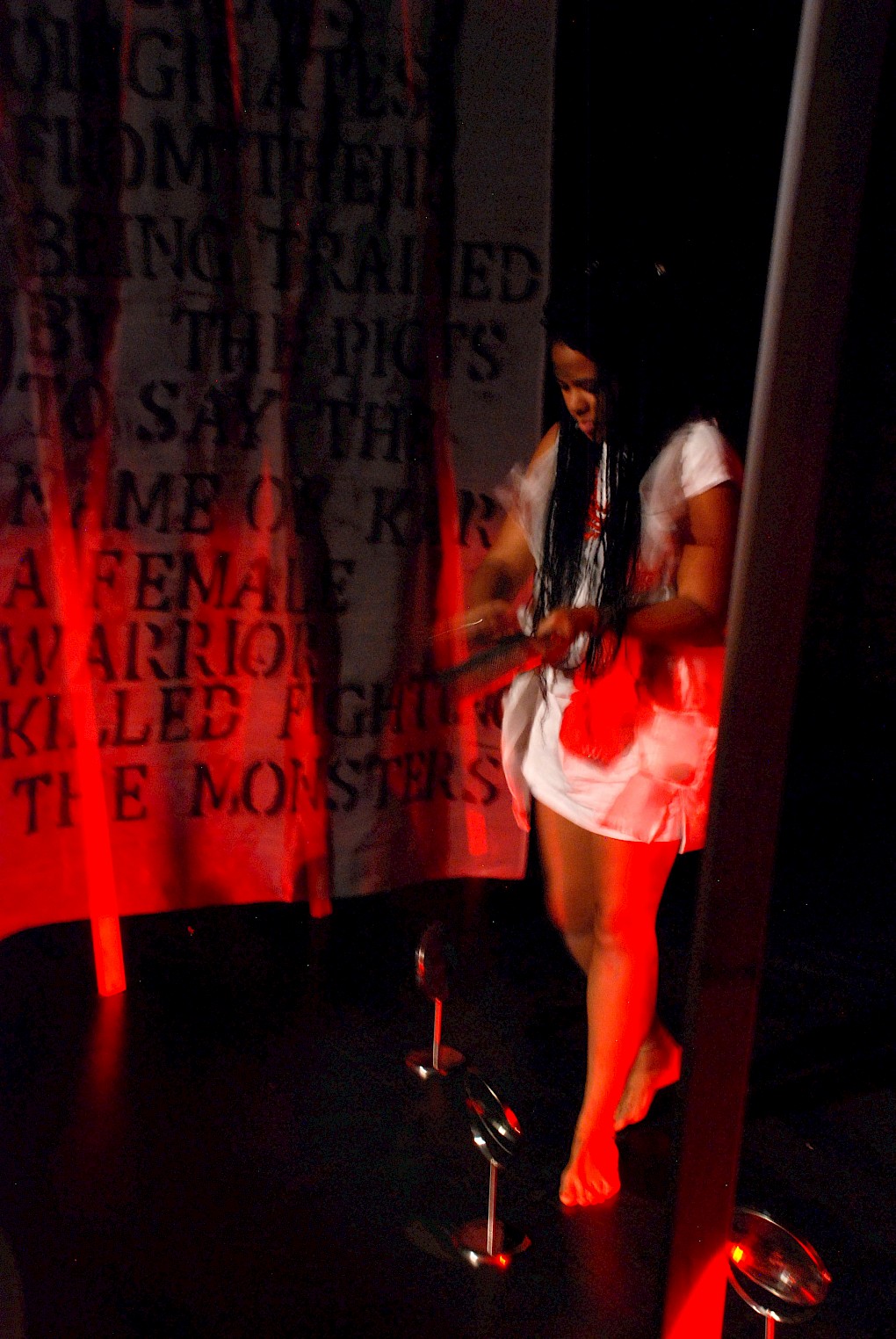
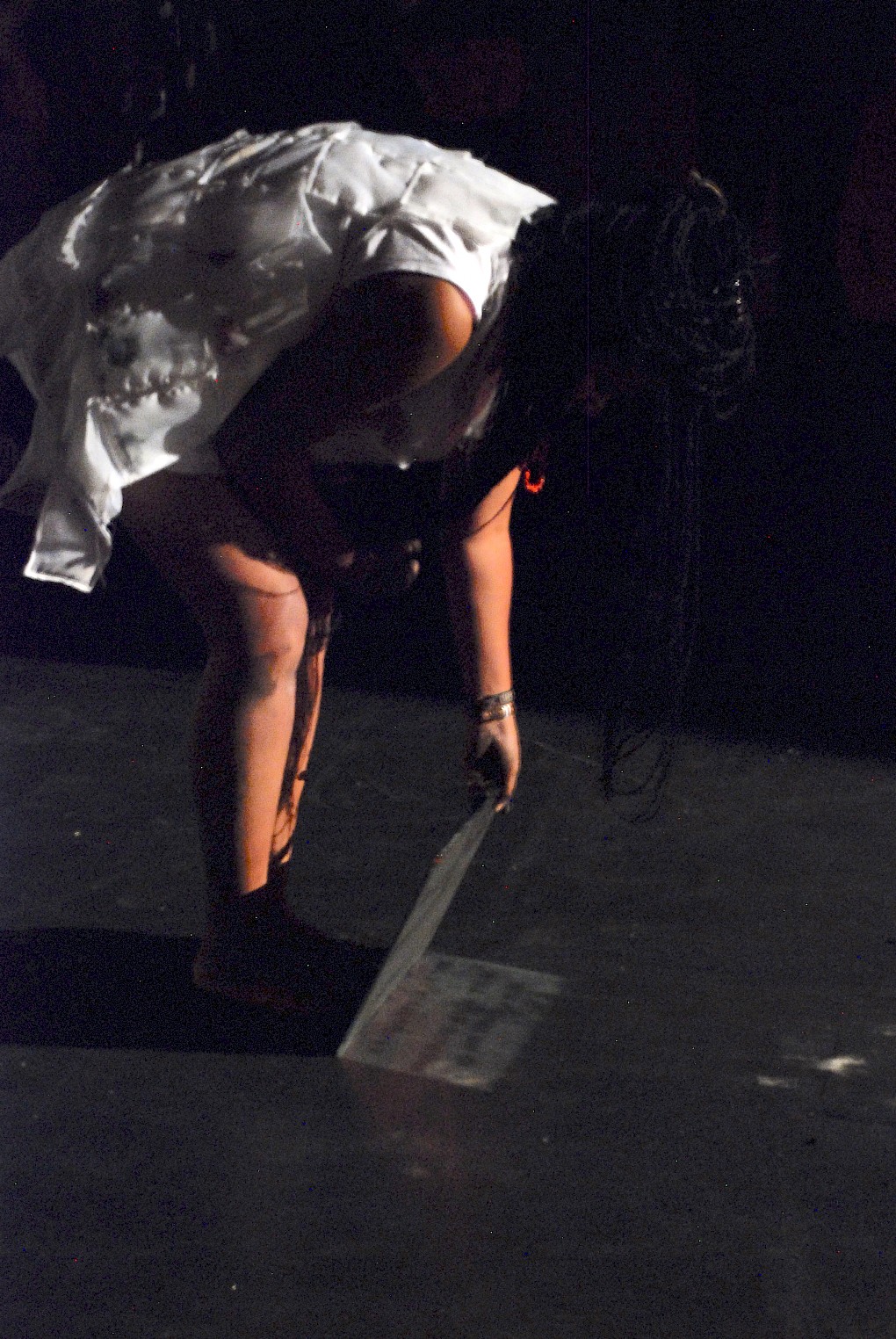
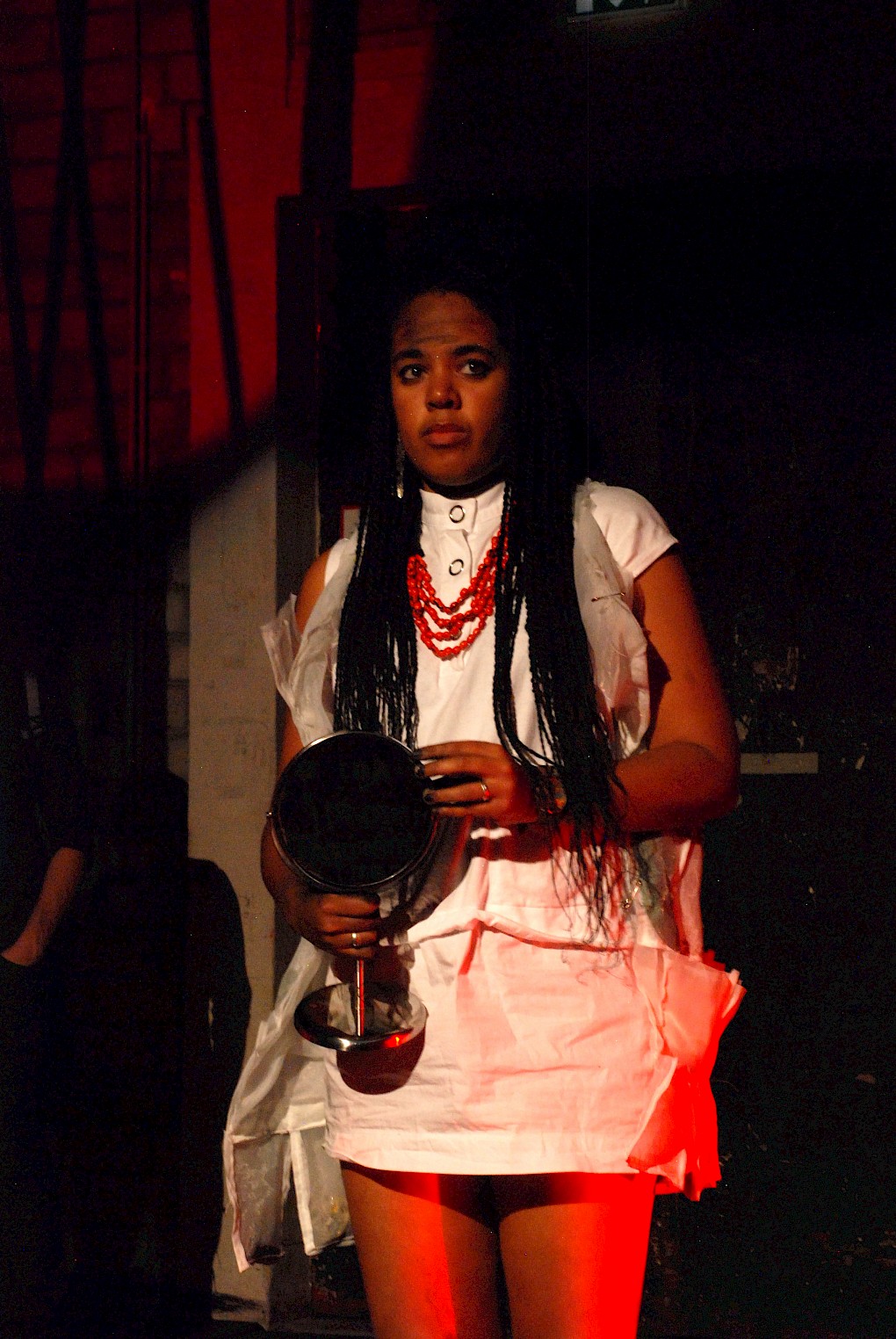
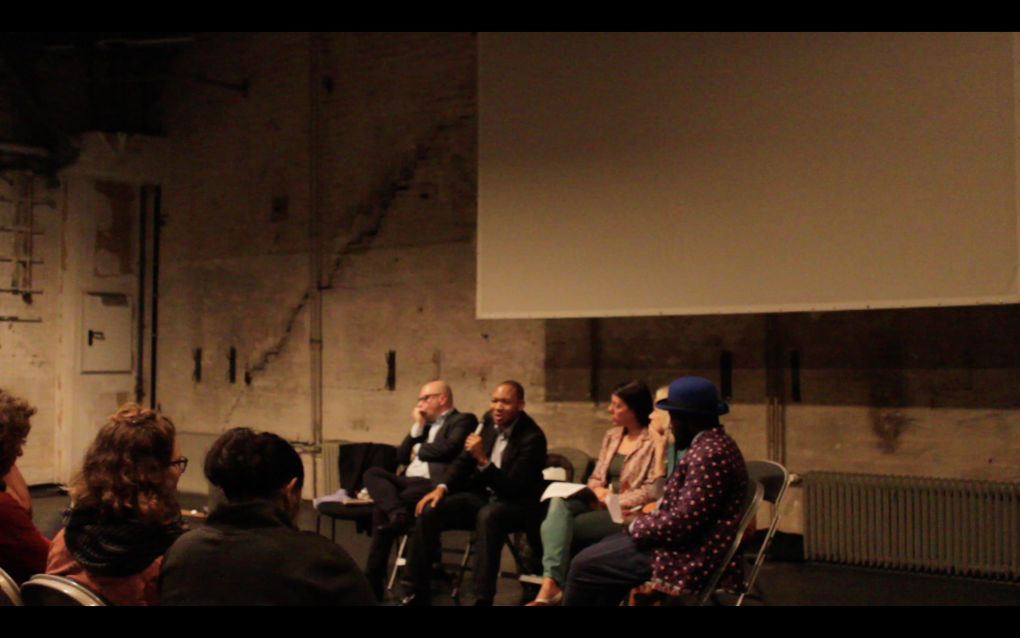
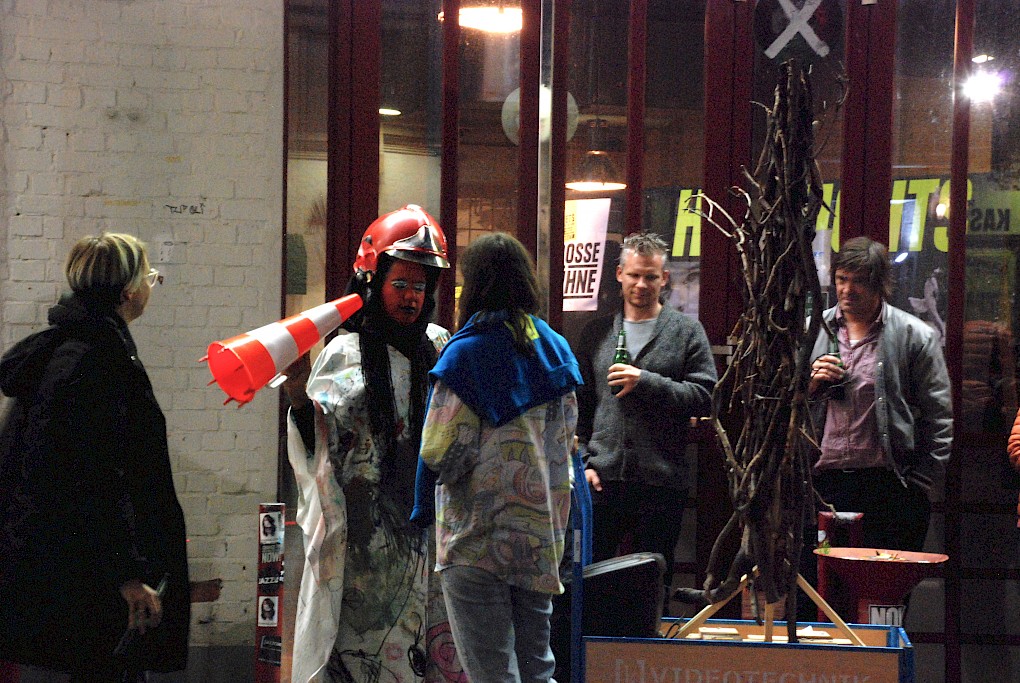
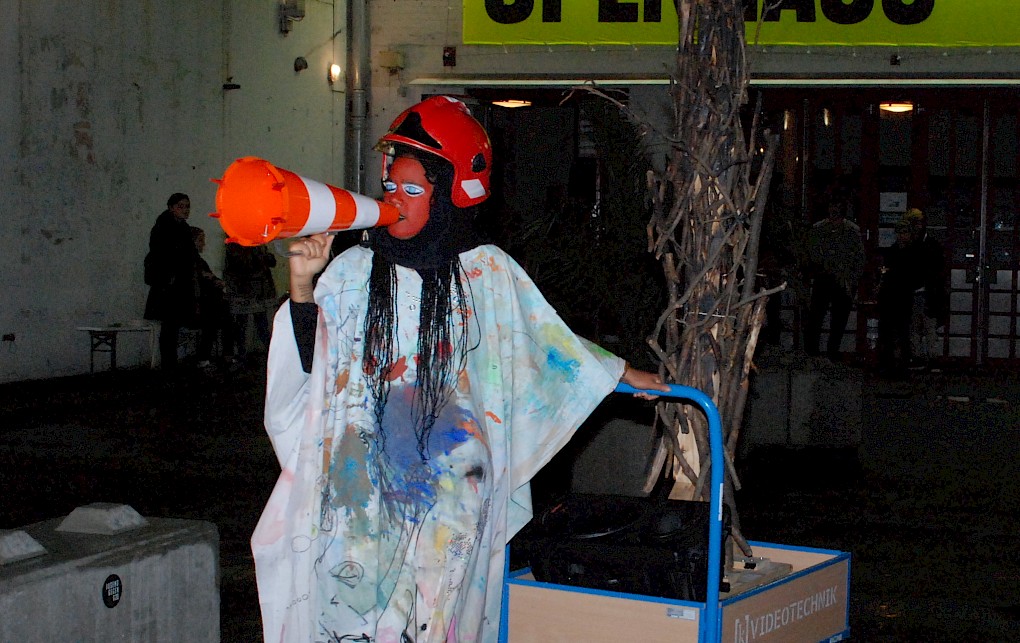
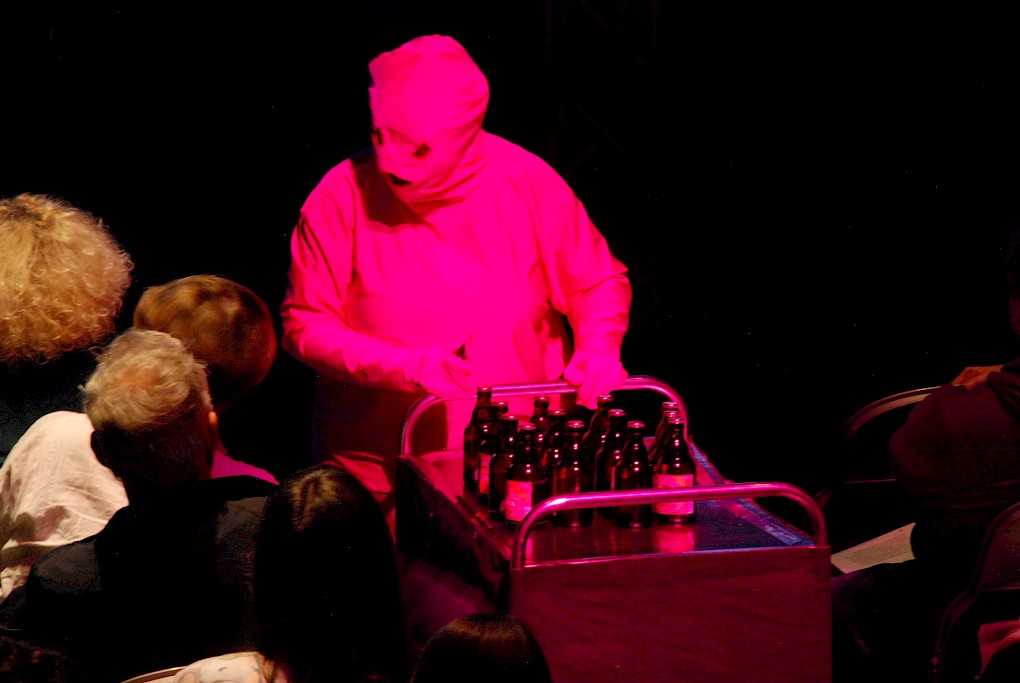
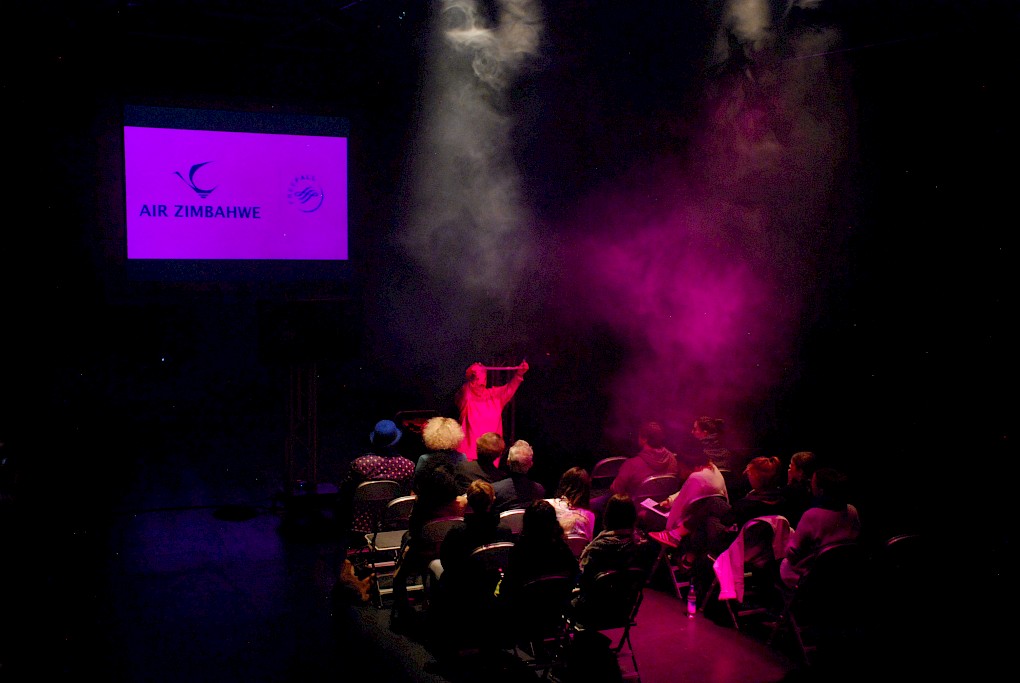
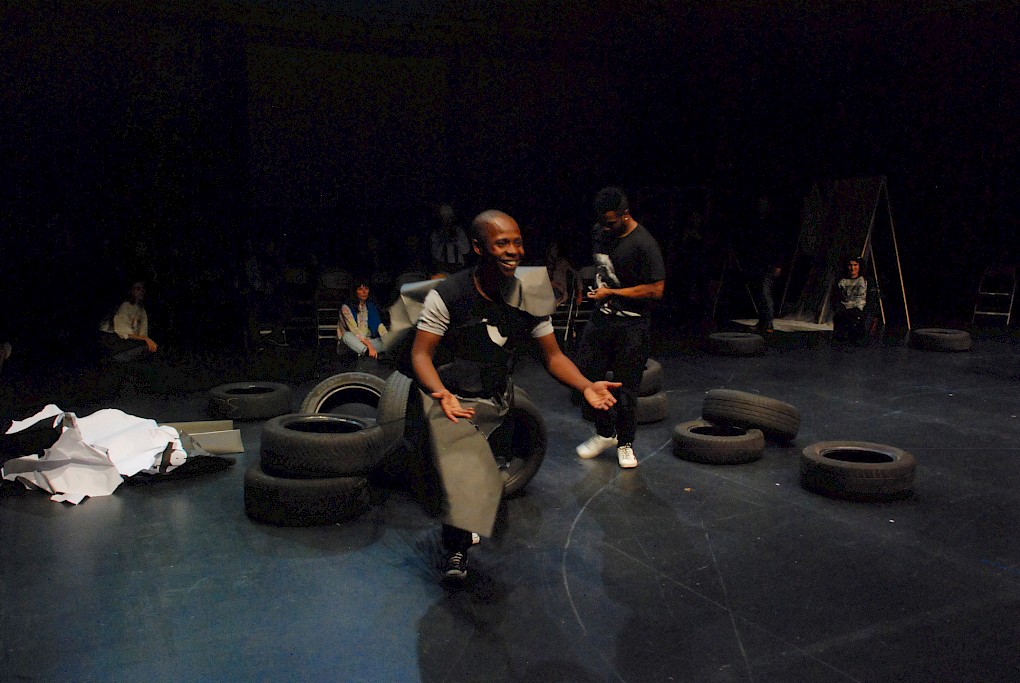
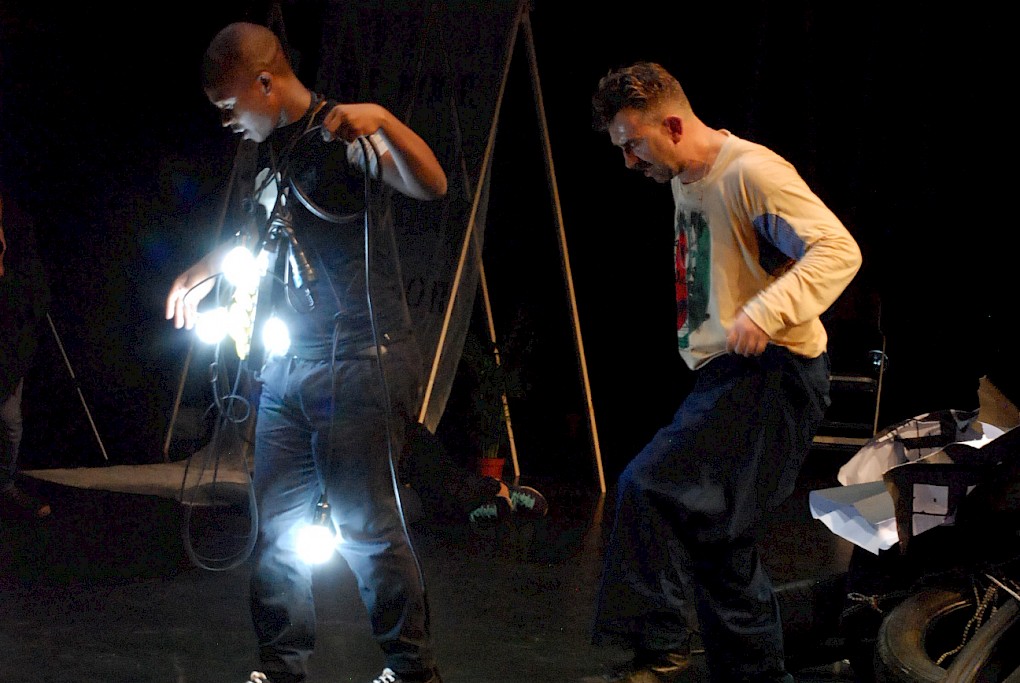
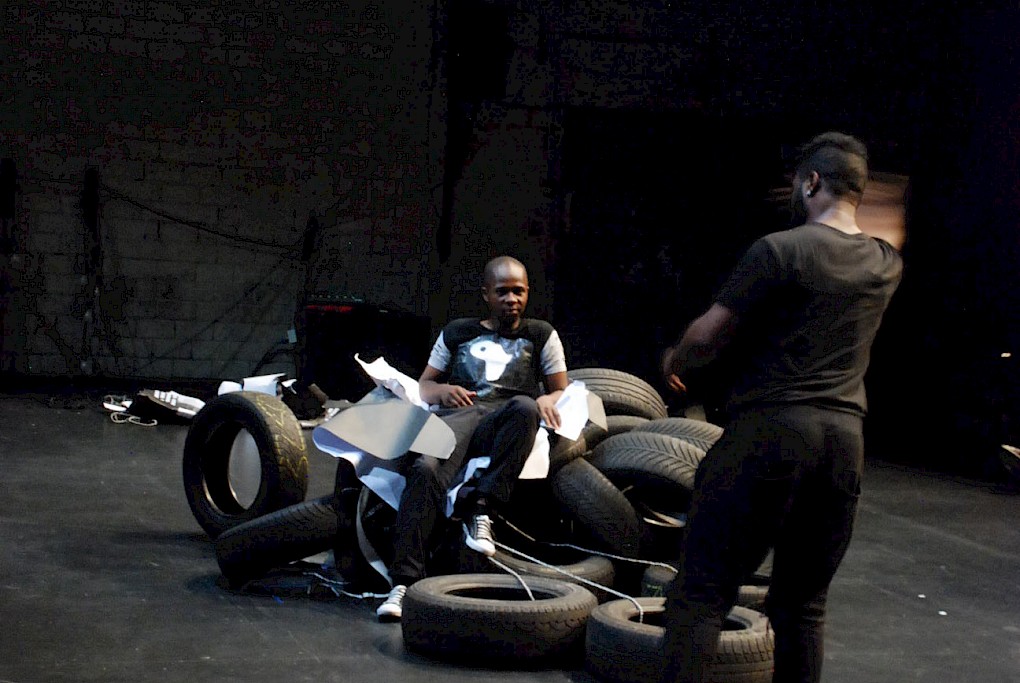
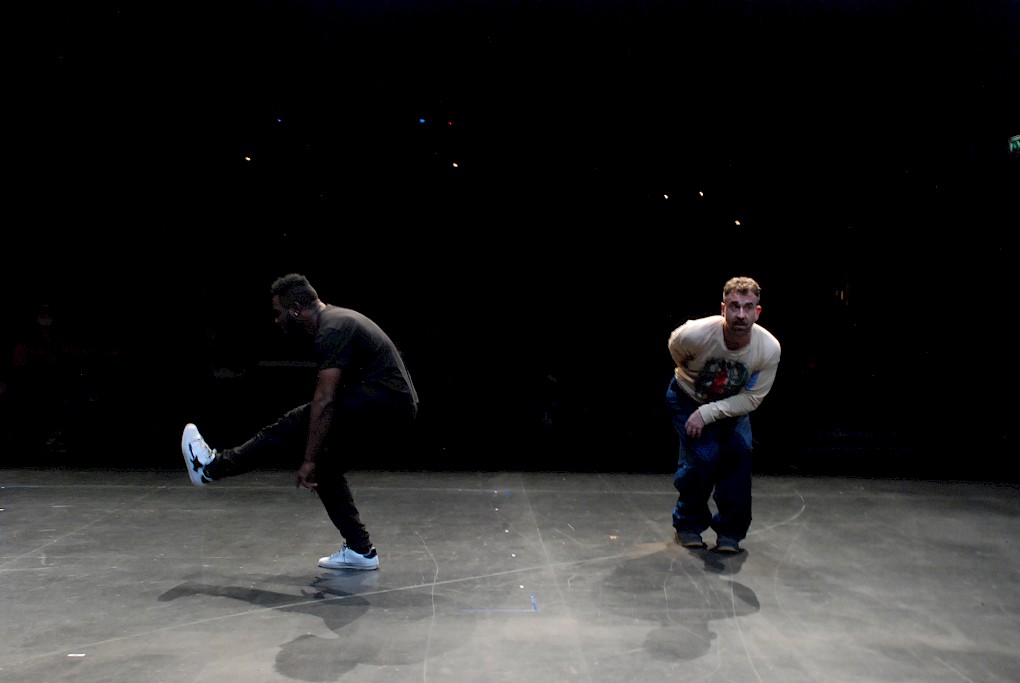
Funding The project is funded by the TURN fund of the German Federal Cultural Foundation

